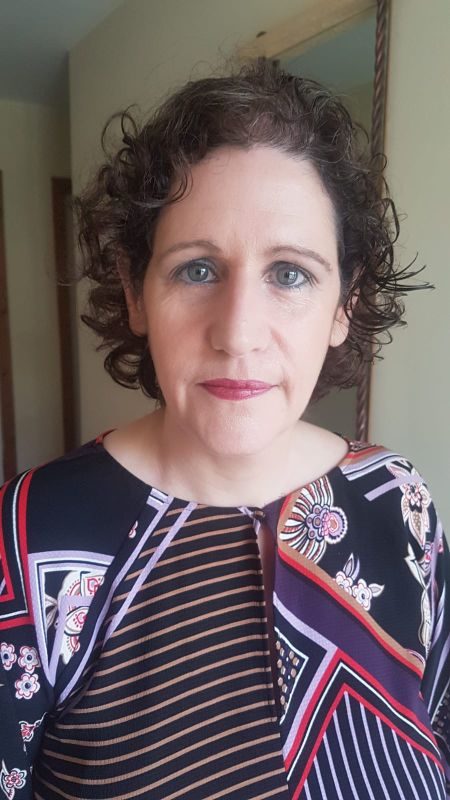22TRA171 An Introduction to Adverse Childhood Experiences Webinar Series
Dates: Wednesday, 9th March & Tuesday 29th March 2022
Time: 7 pm - 8.30 pm
Venue: Online via Zoom
Target Audience: Primary & Secondary school teachers, Resource teachers & Guidance Counsellors
This webinar series will be split over two evenings with 1.5 hours session each evening. The first evening is concerned with an introduction to (ACES), adverse childhood experiences, their impact and how to identify pupils who are suffering the side effects and consequences of same. The second evening is hands-on implementation of resilient strategies in the classroom to minimise ACE impact and support children to gain better cognitive and emotional regulation abilities. In our current environment the impact of added stress from Covid is creating more behavioural, emotional and general disharmony in the classroom for both teachers and children alike. The impact of adversities has double the consequences for all concerned.
The purpose of these workshops and learning outcomes.
- To place a firm focus in on ACE’s and their impact on the child’s presence, learning ability and resilience in the classroom.
- To explore how and why teachers might benefit from knowing about ACE impact and what to do practically about the effects, starting with the teaching themselves.
- Recognise and profile children who have ACE presentations and impact
- Learn how to deal with the hypervigilant child who feels constantly threatened
- Learn how to work with the human brain, when it’s rational processing system has become toned down.
- Learn how to work with the child by modelling and actioning prevention and protective compensatory experiences, that also support you the teacher.
What are Adverse Childhood Experiences?
The impact of early adversity and unresolved trauma is becoming one of the greatest public health concerns of our time (Van Der Kolk 2014; Harris 2014). Adverse childhood experiences (ACEs) are defined as chronic (persistent), unpredictable and stress inducing situations on children with effects that can last a lifetime. The experiences become more injurious when there is no buffering adult present to support the child through the adversity. In the earliest part of a child’s development, lived experiences can have a lasting impact on brain development and cognitive development, which in turn impacts learning ability. Mental health, negative behavioural expressions, physiological illness are also impacted to become indications of all future learning, problems solving and emotional regulation ability and overall general well-being in life.
Children who become impacted negatively from ACEs perform poorly in school and with education in general. In life they have difficulty progressing in occupations or in employment. They can exhibit unacceptable and disruptive behaviours in the classroom, when they actually do come to school. In general truancy can be high. Tusla, found that 60,000 children in 2019 missed school every day. Sometimes the impact of ACEs can look like the symptoms of Attention Deficit Hyperactivity Disorder (ADHD), demonstrating an inability to take instruction or learn new skills, these children might seem to have a lack inhibitions and be impulsive. Children may also exhibit deficiency when it comes to planning skills, organisation skills, attention and concentration aptitudes. Sometimes noted is limited mastery skills, or poor ability to stay on task and therefore experience low goal attainment.
Bio of Presenter: Deirdre Daly

Deirdre Daly is a part-time lecturer in Mary Immaculate College Limerick. She is also Psychotherapist and has given many years teaching in the Limerick Clare Education Training Board. Deirdre has delivered modules in Psychology, Sociology, and the Certificate in Childcare Provision among others.
Deirdre is a member of IACP and is Teaching Council Registered.
Course Details
| Course Start Date / Time | 09-03-2022 7:00 pm |
| Course End Date / Time | 29-03-2022 8:30 pm |
| Cut off date | 29-03-2022 7:15 pm |
| Available place | 1000 |
| Fee | Free |
| Number Hours | 1.5 |
| Speaker | Deirdre Daly |
| Location | Online |